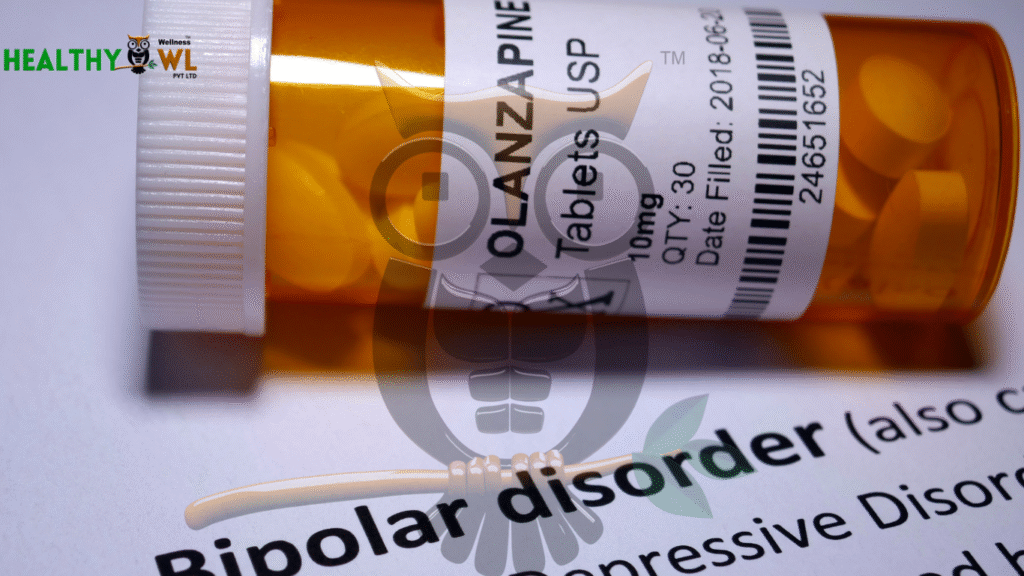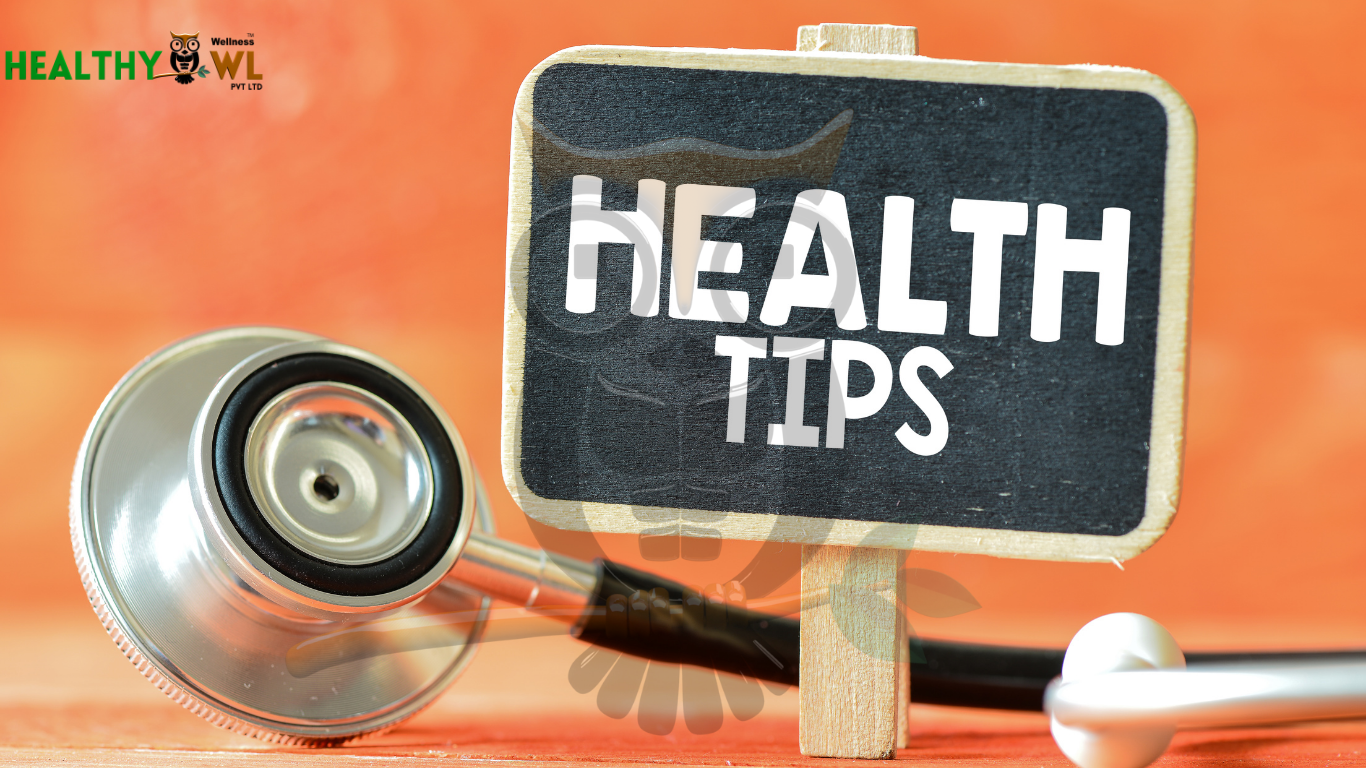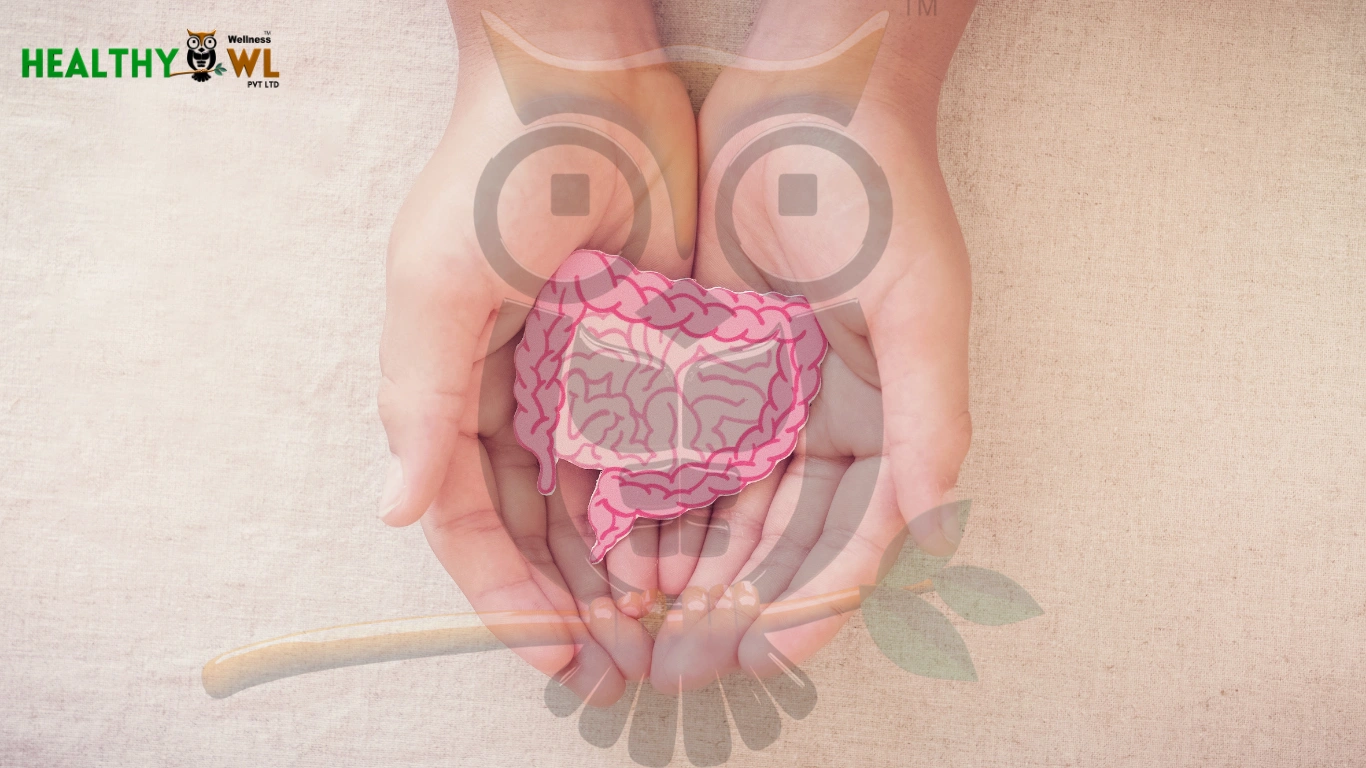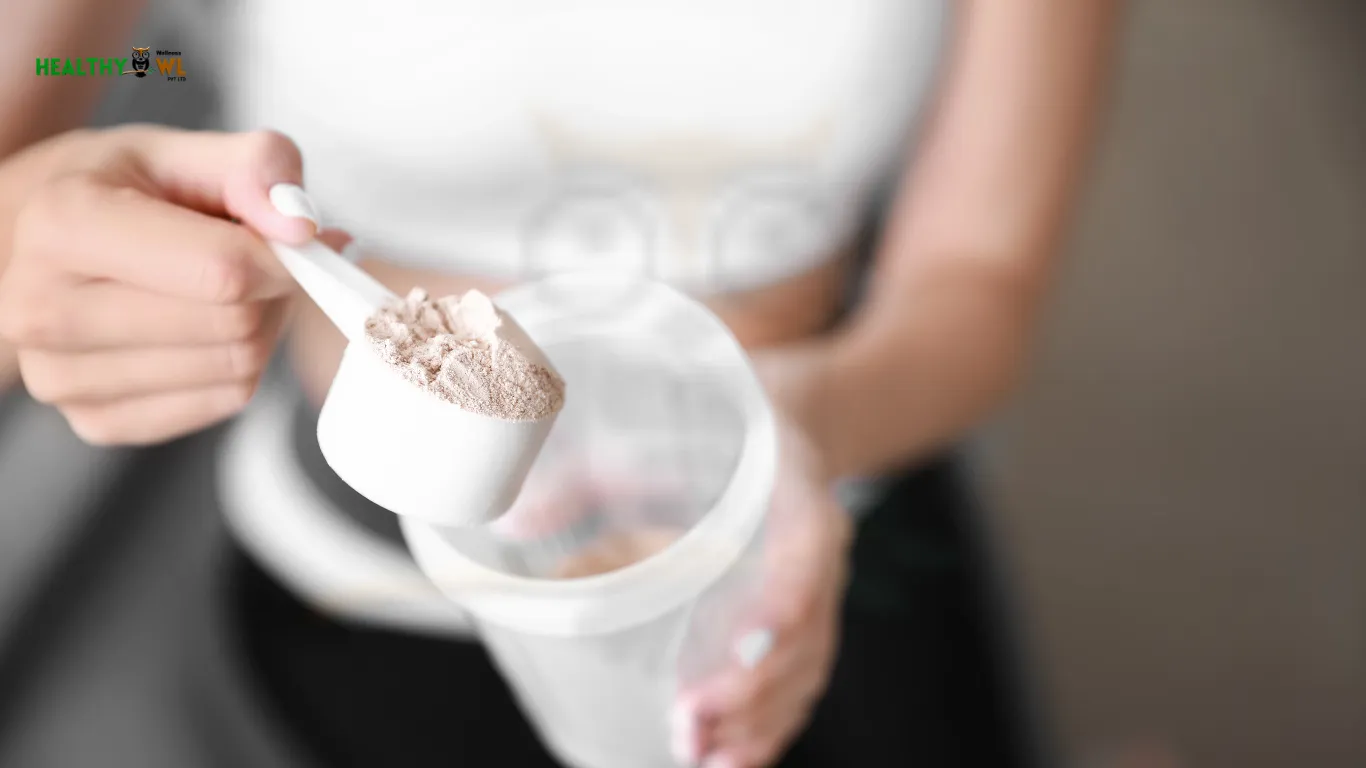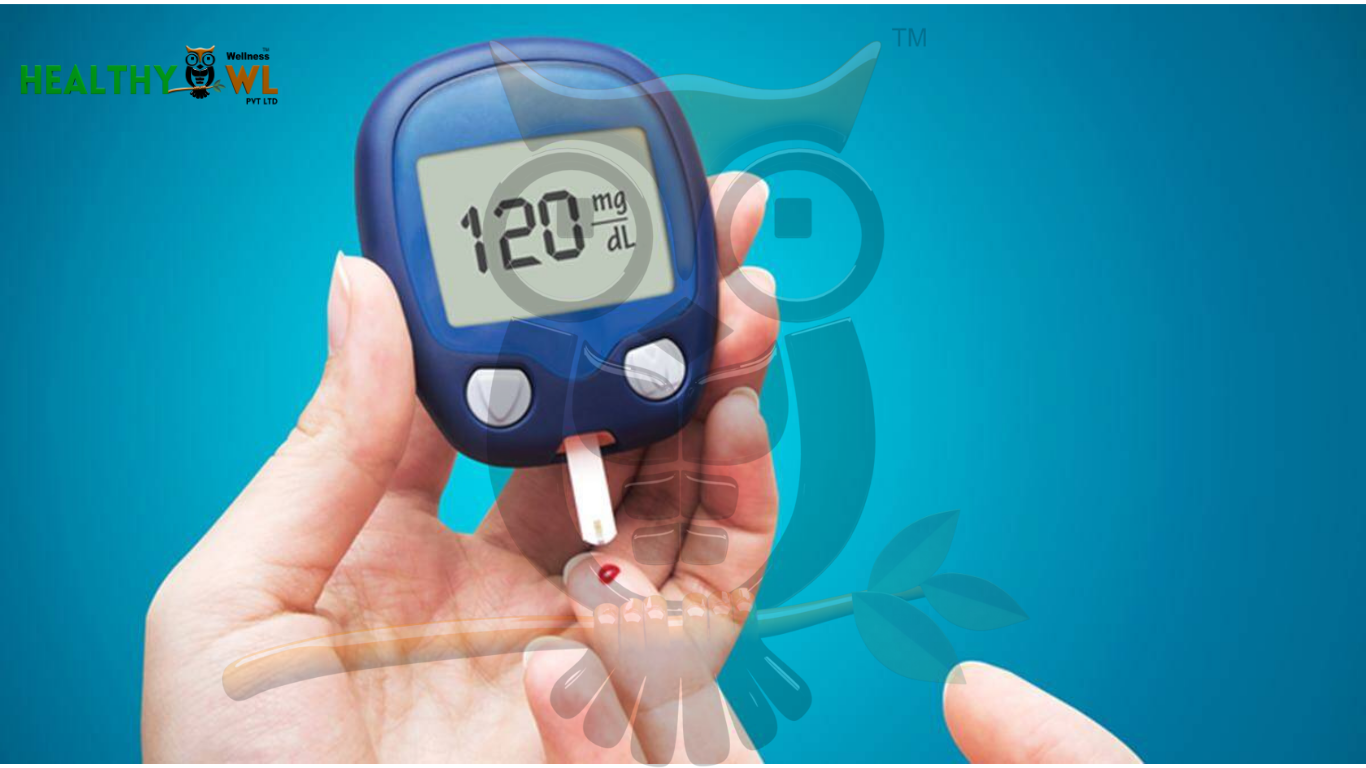Living with bipolar disorder can feel like riding an emotional rollercoaster, with extreme highs (mania) and lows (depression). While medication and therapy are crucial in managing the condition, the powerful role of nutrition in supporting mental health is often overlooked. The right foods can help stabilize mood swings, boost energy levels, and improve overall brain function. In this guide, we’ll explore practical, evidence-based nutrition strategies that can complement traditional treatments for bipolar disorder, helping you or your loved ones find balance and stability.
1. Focus on Omega-3 Fatty Acids
Omega-3 fatty acids are essential fats that play a critical role in brain function and mental health. Several studies suggest that omega-3s, especially EPA and DHA, may help reduce the frequency and intensity of mood swings in people with bipolar disorder. Research indicates that consuming 1–2 grams of EPA/DHA daily may benefit mood stabilization in bipolar disorder.
- Best Sources: Fatty fish like salmon, mackerel, and sardines are rich in omega-3s. If you follow a plant-based diet, flaxseeds, chia seeds, walnuts, and algae-based supplements are excellent alternatives.
- How to Incorporate: Include fish in your meals at least twice a week or sprinkle flaxseeds or chia seeds on your breakfast. You can also consider taking an omega-3 supplement, but consult your healthcare provider before starting any supplements.
2. Stabilize Blood Sugar with Complex Carbs
Blood sugar spikes and crashes can trigger mood swings, making it essential to maintain stable blood sugar levels throughout the day. Complex carbohydrates provide a slow and steady release of glucose, which is the brain’s primary energy source.
- Best Sources: Whole grains like oats, quinoa, brown rice, and legumes like lentils and chickpeas are excellent sources of complex carbs.
- How to Incorporate: Start your day with a bowl of oatmeal or quinoa porridge, and include whole grains in your meals for sustained energy. Pairing complex carbs with protein and fiber-rich foods can further stabilize blood sugar levels.
3. Prioritize Foods Rich in Magnesium
Magnesium is a mineral that supports brain health and is known for its calming properties. Research suggests that magnesium deficiencies may be linked to mood disorders, including bipolar disorder. Ensuring adequate magnesium intake can help regulate mood and reduce anxiety.
- Best Sources: Dark leafy greens, almonds, pumpkin seeds, avocados, and bananas are great sources of magnesium.
- How to Incorporate: Add spinach or kale to smoothies, sprinkle pumpkin seeds on salads, and snack on a handful of almonds. A magnesium supplement may also be beneficial, but always check with a healthcare professional.
4. Maintain Adequate Hydration
Dehydration can lead to fatigue, poor concentration, and even mood disturbances. Staying hydrated is essential for overall brain function, especially in individuals managing mood disorders.
- Best Practices: Drink at least 8-10 glasses of water a day. Herbal teas, coconut water, and water-rich fruits like cucumbers and oranges can also contribute to your hydration needs.
- How to Incorporate: Carry a water bottle with you and set reminders if you struggle to stay hydrated throughout the day.
5. Vitamin D for Mood Stability
Low levels of vitamin D have been linked to mood disorders, including depression and bipolar disorder. Adequate vitamin D intake is crucial for maintaining a stable mood and supporting overall mental health.
- Best Sources: Sunlight is one of the best natural sources of vitamin D. Additionally, fortified foods such as plant-based milks and cereals, as well as fatty fish and egg yolks, provide vitamin D.
- How to Incorporate: Spend time outdoors daily to absorb natural sunlight, and include vitamin D-rich foods in your diet. If you live in a region with limited sun exposure, consider a vitamin D supplement after consulting with a healthcare provider.
6. Balance Gut Health with Probiotics
Emerging research highlights the strong connection between gut health and mental well-being. Specific probiotic strains, such as Lactobacillus and Bifidobacterium, have been shown to positively impact mental health by improving gut function and promoting healthy communication between the gut and brain.
- Best Sources: Fermented foods like yogurt, kefir, sauerkraut, and kimchi are rich in probiotics. Probiotic supplements with these specific strains can also be beneficial if fermented foods are not part of your regular diet.
- How to Incorporate: Include a serving of yogurt or other fermented foods in your daily meals to support gut health and, by extension, your mental health.
7. Ensure Adequate Folate and B Vitamins
Folate (vitamin B9) and other B vitamins play essential roles in brain function and mood regulation. Deficiencies in these vitamins have been linked to mood disorders, including bipolar disorder. Folate is crucial for producing serotonin, a neurotransmitter that influences mood, while vitamins B6 and B12 support brain health and energy production.
- Best Sources: Leafy greens like spinach and kale, legumes like lentils and black beans, and fortified foods like whole grains and cereals are rich in folate and B vitamins.
- How to Incorporate: Include these nutrient-rich foods in your daily meals, or consult your healthcare provider about taking a B-complex supplement if needed.
8. Avoid Processed and Sugary Foods
Highly processed foods and excessive sugar intake can lead to inflammation in the brain, contributing to mood swings and energy crashes. These foods can also disrupt sleep, which is particularly harmful to those managing bipolar disorder.
- Foods to Limit: Refined carbohydrates, sugary snacks, soda, and fast food should be consumed minimally.
- How to Replace: Swap sugary snacks for nutrient-dense options like fruits, nuts, and whole grains. Instead of processed snacks, reach for healthier alternatives like homemade granola or fruit smoothies.
9. Caffeine and Alcohol: Moderation is Key
Both caffeine and alcohol can have significant effects on mood and sleep. For individuals with bipolar disorder, excessive caffeine may trigger mania or anxiety, while alcohol can worsen depressive episodes.
- Best Practices: Limit your intake of caffeine and alcohol, especially if you notice these substances impact your mood. Herbal teas or decaffeinated coffee can be good alternatives for caffeine, while water or sparkling water with lemon can replace alcohol in social settings.
- How to Incorporate: Start by reducing your consumption gradually, replacing these beverages with healthier, hydrating options.
10. Stick to a Regular Eating Schedule
In addition to the types of foods consumed, the timing of meals plays an important role in mood regulation. Regular meals help stabilize blood sugar levels, which can prevent mood swings and ensure a steady supply of energy to the brain.
- Best Practices: Aim to eat balanced meals at consistent times each day. Try not to skip meals, and include snacks between meals if necessary to maintain stable energy levels.
- How to Incorporate: Plan meals ahead of time and set reminders to eat if you have difficulty maintaining a regular eating schedule.
Conclusion
Managing bipolar disorder requires a comprehensive approach, and nutrition plays a vital role in supporting mood stability and brain function. By incorporating nutrient-dense foods, staying hydrated, balancing gut health, and maintaining a consistent eating schedule, individuals with bipolar disorder can complement their medical treatment and improve their overall well-being. It’s important to remember that these strategies are not a replacement for professional care but can provide valuable support in managing the condition.
If you or a loved one is seeking personalized nutritional guidance to manage bipolar disorder, contact Healthy Owl Wellness for expert advice tailored to your needs.
Sources:
- Nutrition and Mental Health: The Role of Omega-3s
- Magnesium and Mood Disorders: A Comprehensive Review
- The Gut-Brain Connection: How Probiotics Influence Mental Health


